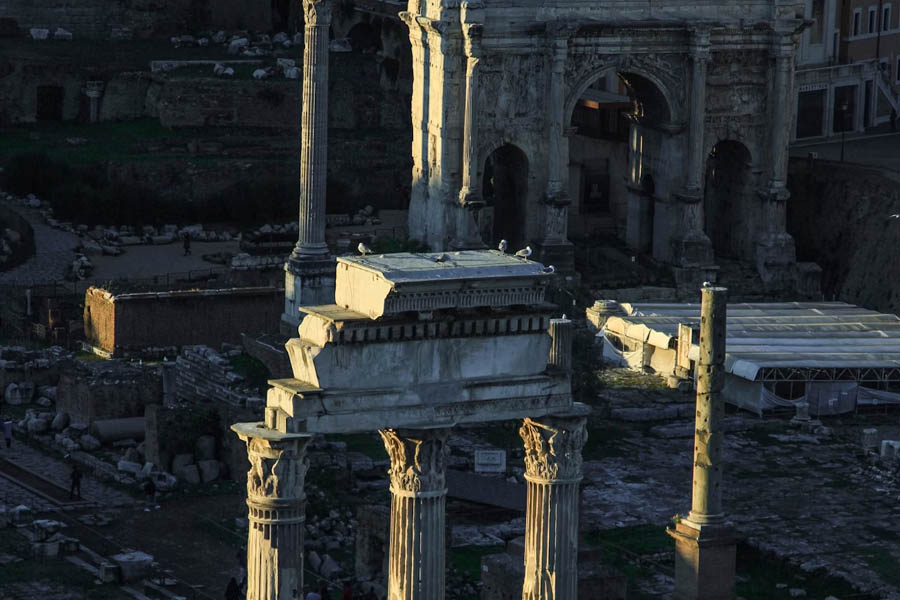
In the annals of ancient Rome, few names evoke such a mixture of horror and fascination as Lucius Cornelius Sulla Felix. Born into relative obscurity in 138 BC, Sulla would rise to become one of the most powerful and controversial figures in Roman history.
Sulla's early life was marked by political upheaval and instability. Rome was divided between two factions: the populares, who advocated for reforms benefiting the lower classes, and the optimates, who sought to maintain the status quo and uphold the interests of the aristocracy. Sulla aligned himself with the optimates and harbored disdain for politicians who courted popular support.
Despite his modest upbringing, Sulla's fortunes changed dramatically when he inherited considerable wealth from his stepmother and lover. With newfound financial resources, he embarked on a political career, winning election as quaestor in 107 BC and distinguishing himself in the war against Jugurtha in North Africa.
Sulla's success on the battlefield earned him acclaim, but his relationship with his superior, Gaius Marius, soured over credit for their victories. Their rivalry escalated as they vied for power and influence in Rome, culminating in a bitter struggle for control of the state.
The catalyst for Sulla's ascent to dictatorship came during the Social War of 91-88 BC, a conflict between Rome and its Italian allies who sought citizenship rights. Sulla, commanding Roman forces, helped secure victory for Rome, but his ambitions were thwarted when Marius manipulated the Senate to seize command of the war against Mithridates VI of Pontus. Enraged by Marius's treachery, Sulla marched his army on Rome—a brazen act unprecedented in Roman history. With overwhelming support from his soldiers, he seized control of the city, purged his political enemies, and declared himself dictator in 82 BC.
As dictator, Sulla implemented sweeping reforms aimed at consolidating power in the hands of the aristocracy and suppressing dissent. His infamous proscriptions—lists of enemies targeted for execution—plunged Rome into a reign of terror, with thousands falling victim to political purges. Despite restoring stability to Rome's political landscape, Sulla's dictatorship was marked by brutality and excess. His rule was characterized by ruthless repression and the concentration of power in his own hands, leading many to view him as a tyrant rather than a savior.
In 79 BC, Sulla shocked Rome by voluntarily relinquishing power and retiring to private life. Yet, his legacy would endure as a cautionary tale of the dangers of unchecked ambition and the fragility of republican institutions.
Though remembered as a brilliant military commander and shrewd politician, Sulla's legacy is overshadowed by the bloodshed and chaos of his reign. His actions would reverberate throughout Roman history, serving as a grim reminder of the perils of authoritarian rule and the corrosive effects of unchecked power. Lucius Cornelius Sulla Felix—a man who rose from humble beginnings to reshape the course of Roman history, leaving behind a legacy as complex and controversial as the era he inhabited.
Thank you for reading: globalpostheadline.com | If you want to advertise your Company, Events, Movies, Products, Hotels, Travel Packages Let us know